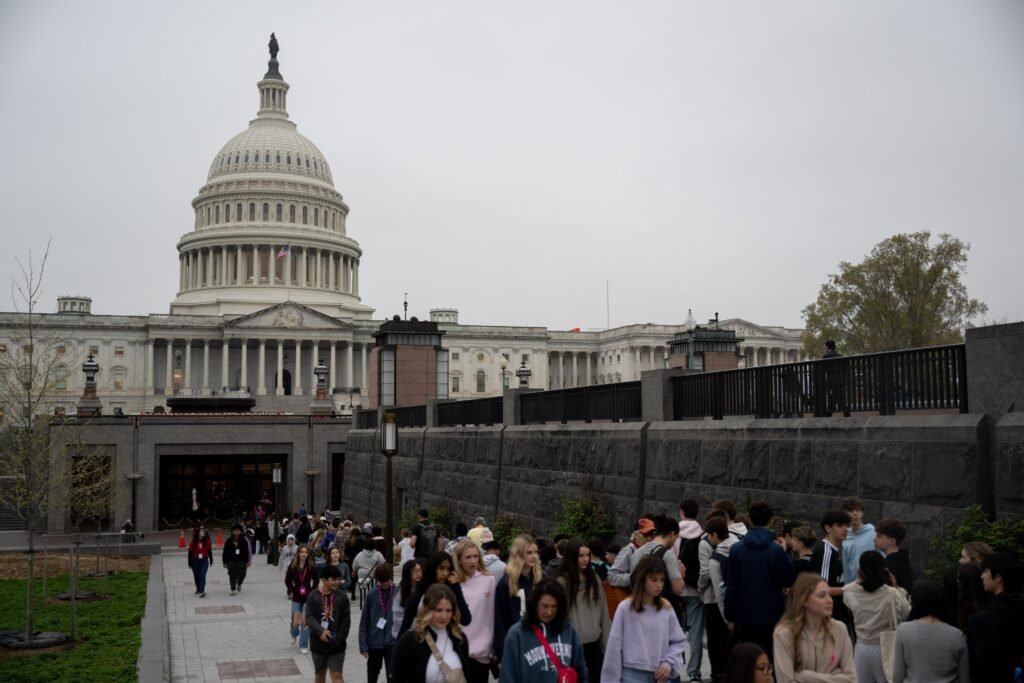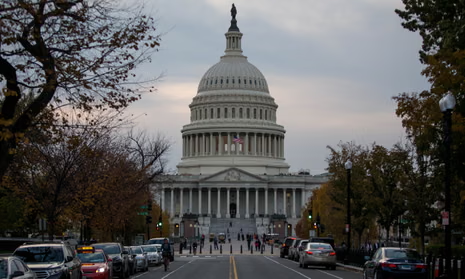The 15% corporate tax rate is at the center of a heated political and economic debate, as Senate Republicans are pushing a bold proposal to lower the corporate tax rate from the current 21% to just 15%. This comes as a direct counter to the Biden administration’s plan to raise corporate taxes as part of its broader economic strategy.
The Republican proposal is meant to attract investment, boost economic growth, and provide relief to businesses amid rising inflation and a slowing economy. But critics argue it could reduce federal revenue and widen the national deficit. Here’s a detailed look at what this proposal means, why it’s being made, and how it could affect businesses, workers, and the overall U.S. economy.
Understanding the 15% Corporate Tax Rate Proposal
The idea of a 15% corporate tax rate has long been supported by Republicans who believe that lower taxes encourage innovation and job creation. Under the new proposal:
- The federal corporate tax rate would drop from 21% to 15%
- It would apply to all U.S. corporations, regardless of size
- The plan is part of a broader GOP economic agenda aimed at countering inflation and stimulating growth
Senator John Thune (R-SD), one of the key voices behind the push, stated, “We need to keep American businesses competitive globally. A 15% rate will bring more capital, more jobs, and more innovation to our shores.”
GOP’s Economic Strategy Behind the Move
The Republican Party has positioned itself as the pro-business, pro-growth party. Their main arguments for a 15% corporate tax rate include:
- Boosting Competitiveness: U.S. corporations face stiff competition from companies based in countries with lower tax rates. A 15% rate would make the U.S. more attractive for both domestic and foreign investors.
- Job Creation: Lower corporate taxes could lead companies to expand operations, hire more workers, and invest in infrastructure.
- Economic Growth: The GOP claims the move would trigger a wave of economic activity, resulting in higher GDP and stronger markets.
They argue that these benefits would more than compensate for any initial revenue loss.
The Numbers Behind the Policy
To understand the impact of the 15% corporate tax rate, it’s essential to look at some numbers:
| Factor | Current Rate | Proposed Rate |
|---|---|---|
| Federal Corporate Tax | 21% | 15% |
| Estimated Revenue Impact | -$700B over 10 years (CBO estimate) | |
| Projected GDP Growth (GOP claims) | +1.2% annually |
However, the Congressional Budget Office (CBO) warns that the rate cut could lead to significant reductions in federal revenue unless offset by spending cuts or alternative taxes.
How It Affects Businesses and Workers

Potential Benefits for Businesses
- Increased Profits: Lower taxes mean more post-tax profits, which can be reinvested into the business.
- Better Cash Flow: Extra cash could be used for wage increases, new hires, or stock buybacks.
- Expansion Opportunities: Companies might find it easier to expand operations or explore new markets.
Potential Concerns for Workers and Consumers
Critics argue that while businesses benefit, the trickle-down effect to workers is not guaranteed. In past tax cuts, a significant share of the savings went to shareholders rather than employees.
- Minimal Wage Growth: Past evidence shows tax cuts don’t always lead to higher wages.
- Reduced Public Services: Less federal revenue may result in spending cuts for public programs like education, healthcare, or infrastructure.
Comparing Republican and Democratic Tax Visions
The 15% corporate tax rate plan comes in sharp contrast to the Biden administration’s tax policy, which calls for increasing the corporate tax rate to 28%.
| Tax Policy | Republicans | Democrats (Biden Plan) |
|---|---|---|
| Corporate Tax Rate | Reduce to 15% | Increase to 28% |
| Revenue Impact | Decrease federal income | Increase federal income |
| Focus | Business growth | Social programs and equity |
| Trickle-down Effects | Yes | No; focus on direct investments |
This divide has become one of the major economic battlegrounds ahead of the 2026 midterm elections.
Global Implications
Internationally, the U.S. is under pressure due to the global minimum tax agreement led by the OECD, which aims to ensure multinational corporations pay at least 15% in taxes wherever they operate.
Interestingly, the Republican plan aligns with that global minimum threshold — but only just.
- Risk of Global Tax Avoidance: If the U.S. rate drops too low, it may encourage “tax games” by corporations moving profits around.
- OECD Compliance Issues: The plan could strain U.S. cooperation with global partners on tax enforcement.
Critics and Supporters Speak Out
Criticism from Democrats and Economists
Senator Elizabeth Warren (D-MA) criticized the proposal, saying, “It’s another giveaway to the wealthy and powerful at the expense of working families.”
Many progressive economists argue:
- The proposal mainly benefits large corporations.
- It will increase the national deficit.
- The economic benefits are overstated.
Support from Business Groups
Organizations like the U.S. Chamber of Commerce and the National Federation of Independent Business (NFIB) have come out in strong support.
In a press release, the Chamber stated, “A competitive corporate tax rate is key to keeping American businesses strong and workers employed.”
What Does the Public Think?
Public opinion is mixed. A recent Gallup poll revealed:
- 47% support lowering the corporate tax rate to 15%
- 38% oppose it
- 15% are undecided
Support is highest among:
- Small business owners
- Republican voters
- Investors and shareholders
Opposition is strongest among:
- Democrats
- Public sector workers
- College-educated urban voters
What’s Next for the 15% Corporate Tax Rate?
For the proposal to become law, it would need to pass the Democrat-controlled Senate and be signed by President Biden — both unlikely scenarios.

However, if Republicans retake the Senate and White House in 2026, this proposal could quickly move from idea to policy.
The GOP is expected to:
- Introduce the measure in the next congressional session
- Include the tax cut in their 2026 campaign promises
- Use budget reconciliation if necessary to bypass filibuster rules
Final Thoughts
The 15% corporate tax rate proposal by Senate Republicans is bold and controversial. Supporters argue it will boost business and bring jobs back to America, while critics say it risks widening the wealth gap and increasing the national debt.
As the debate unfolds, businesses, workers, and policymakers must weigh the potential benefits against the long-term fiscal challenges. With the 2026 elections on the horizon, this issue is likely to remain a major talking point for both sides of the aisle.
Read Next – SALT Deduction Reforms: Big Impact on US Businesses






